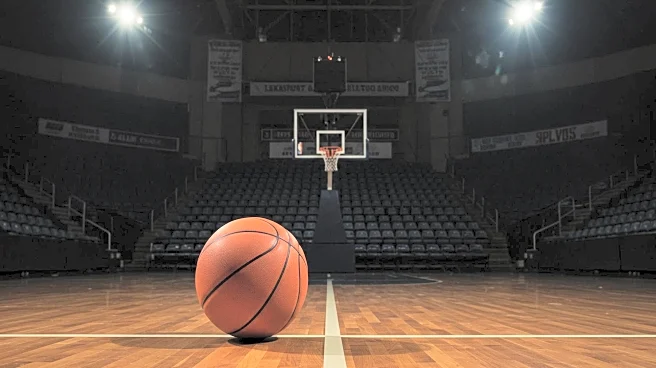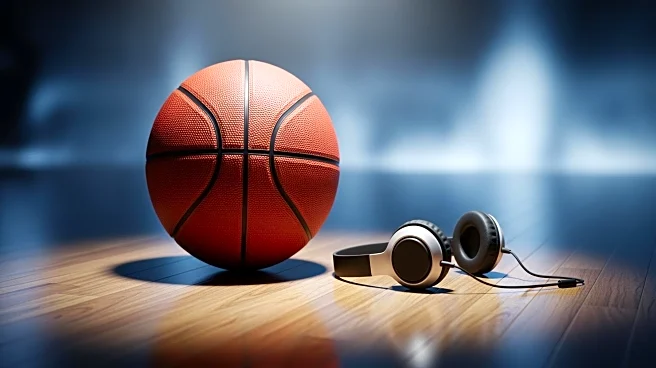What is the story about?
What's Happening?
Five former members of the Wisconsin women's basketball team have filed a lawsuit against their former coach, Marisa Moseley, alleging psychological abuse. The lawsuit, submitted in federal court, claims that Moseley exerted control over the players' lives by manipulating their mental health and retaliating against them for their speech and actions. The plaintiffs, Lexi Duckett, Krystyna Ellew, Mary Ferrito, Tara Stauffacher, and Tessa Towers, accuse Moseley of invading their privacy during meetings and pressuring them to disclose personal issues. Moseley, who resigned in March citing personal reasons, is named alongside the Wisconsin Board of Regents and former associate athletic director Justin Doherty as defendants.
Why It's Important?
This lawsuit highlights significant concerns about the treatment of student-athletes and the responsibilities of coaching staff in collegiate sports. The allegations, if proven, could lead to changes in how universities monitor and address the mental health and well-being of their athletes. It raises questions about the balance of power between coaches and players and the potential for abuse. The case could prompt other athletes to come forward with similar experiences, potentially leading to broader reforms in college sports programs across the U.S.
What's Next?
The legal proceedings will likely involve testimonies from the plaintiffs and possibly other witnesses, which could shed more light on the alleged practices within the Wisconsin women's basketball program. The university may face pressure to review its policies and oversight mechanisms to prevent similar incidents. Depending on the outcome, there could be implications for Moseley's career and the university's reputation, as well as potential financial settlements or policy changes.
Beyond the Headlines
This case could spark a wider discussion on the ethical responsibilities of coaches and the need for safeguarding measures in sports environments. It may lead to increased scrutiny of coaching practices and the establishment of more robust support systems for athletes dealing with mental health issues. The cultural dynamics within sports teams, particularly regarding authority and player autonomy, might also be re-evaluated.
















